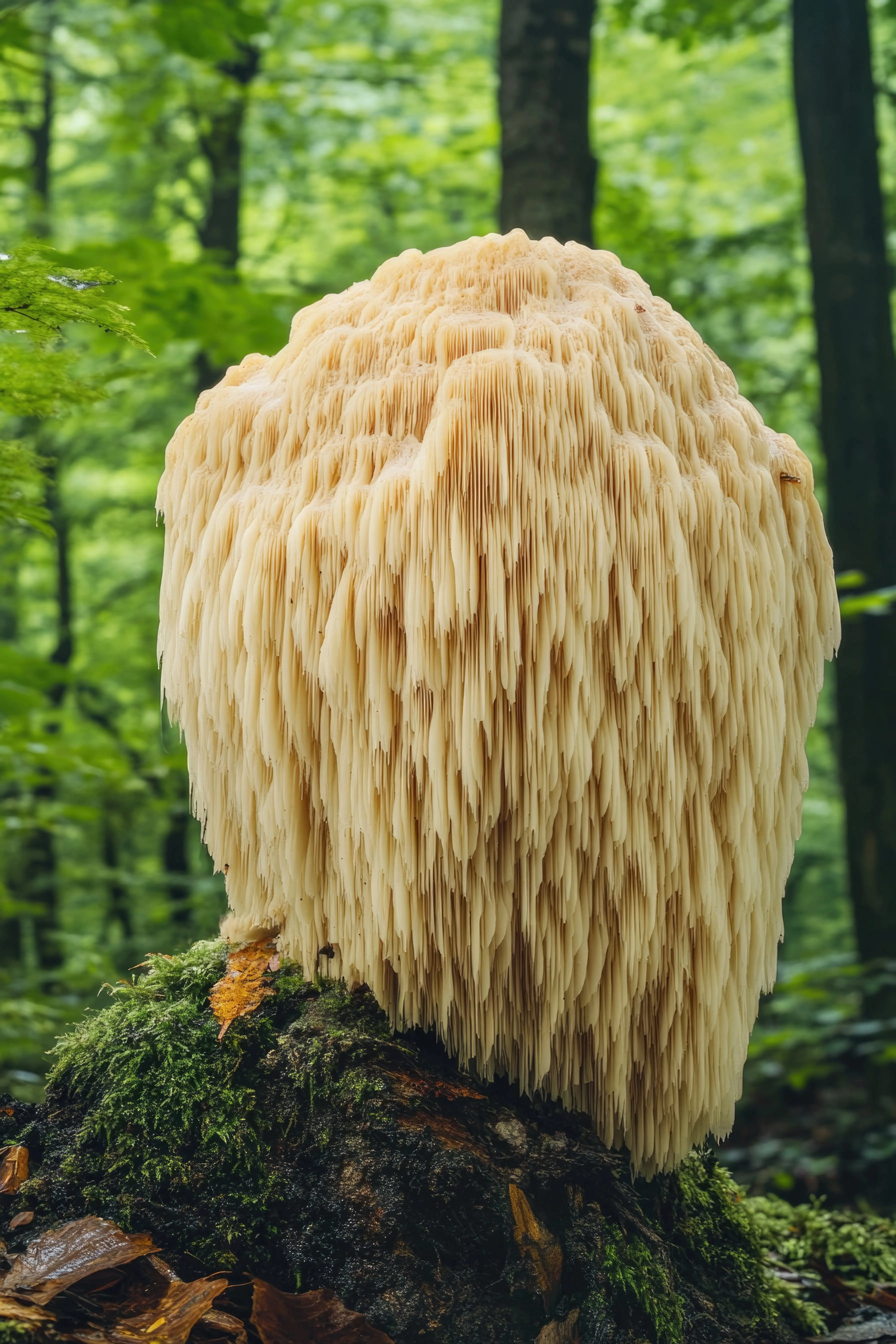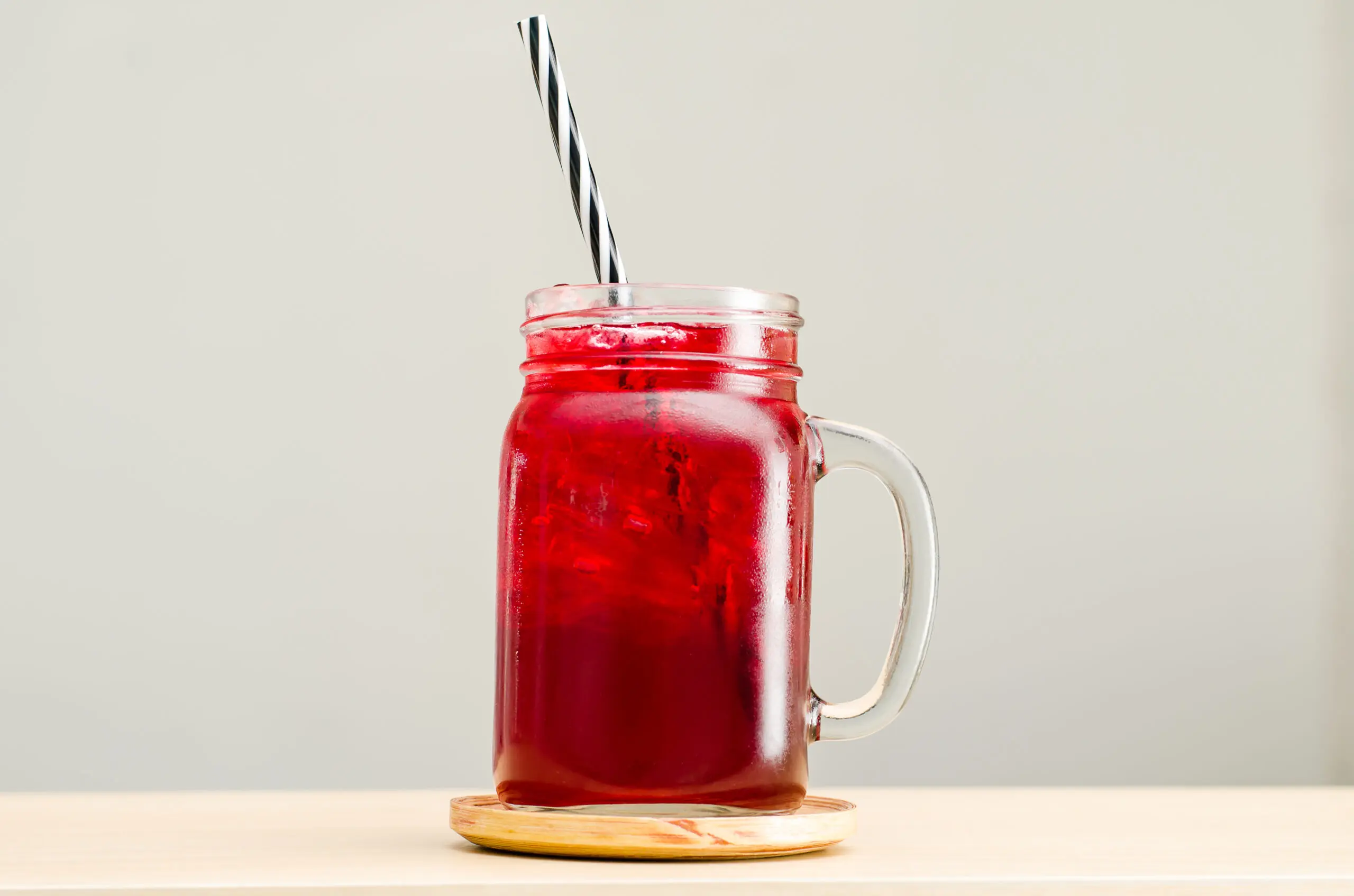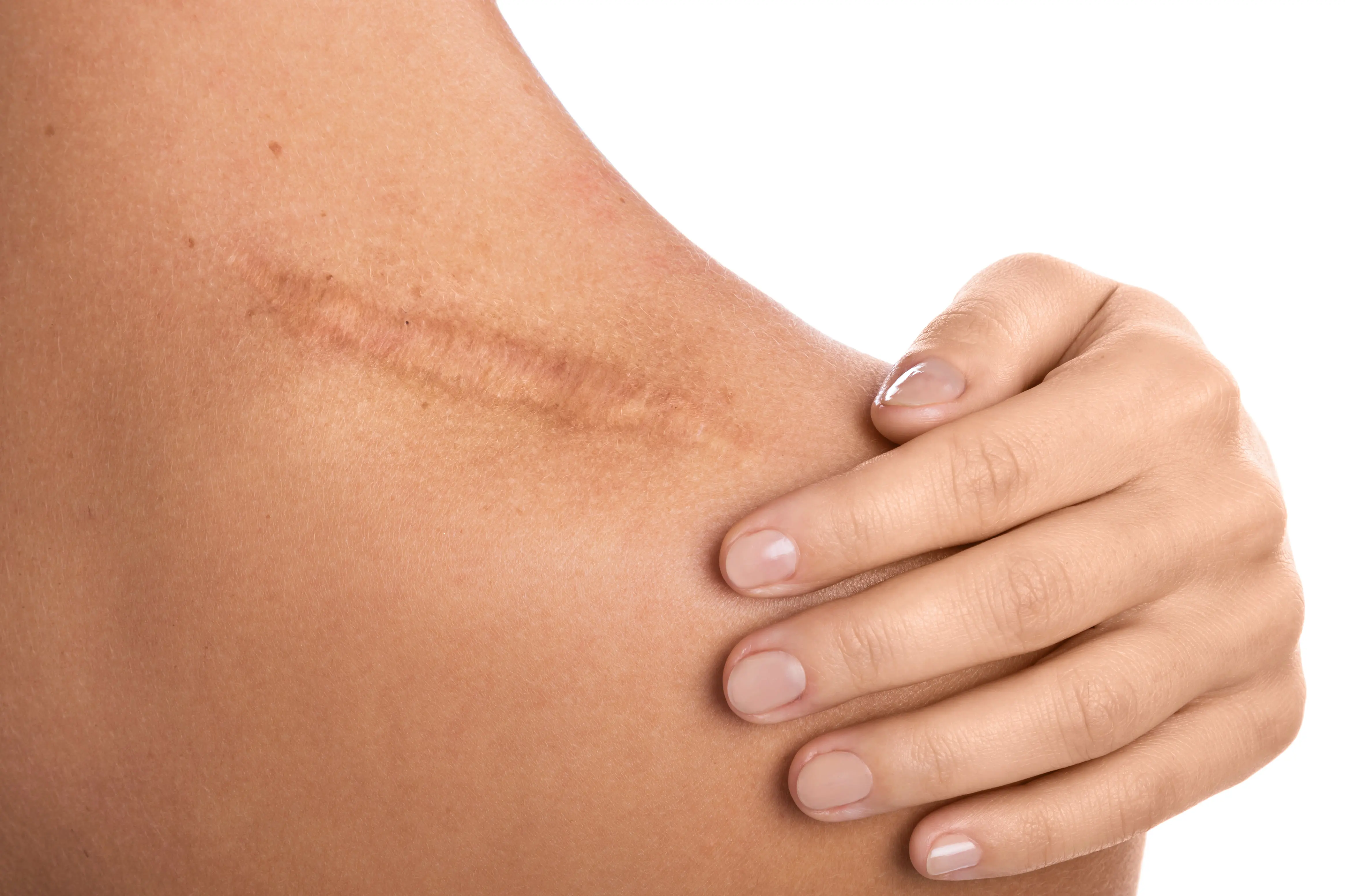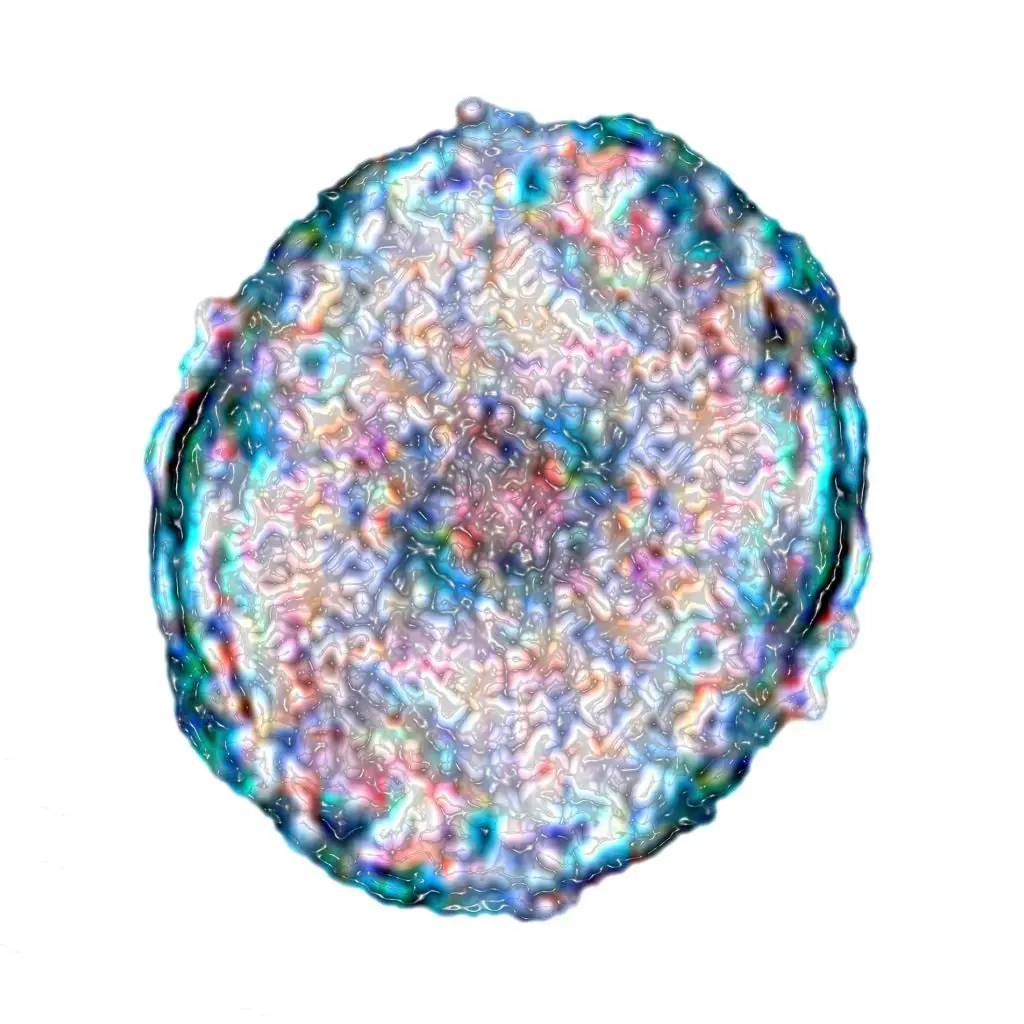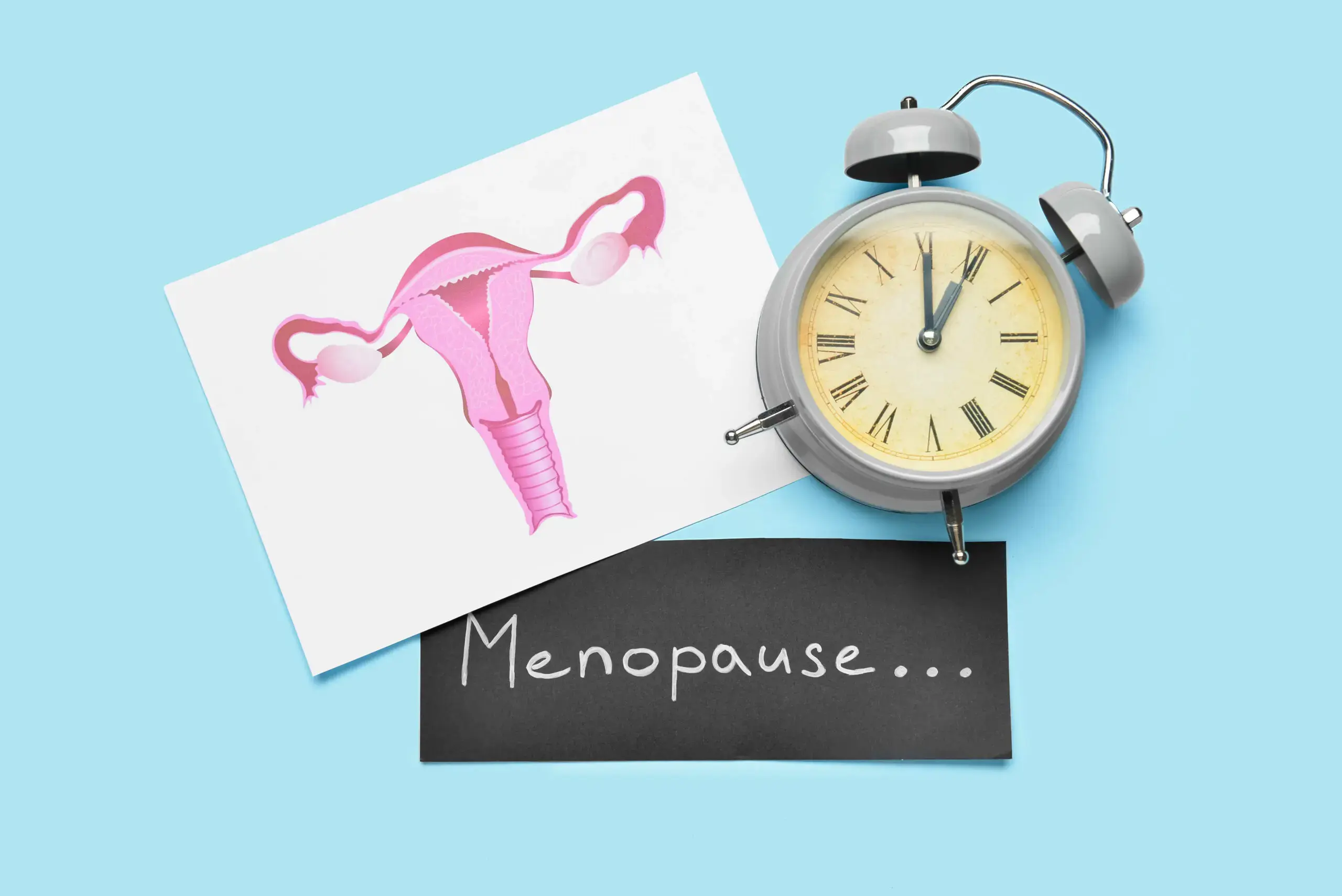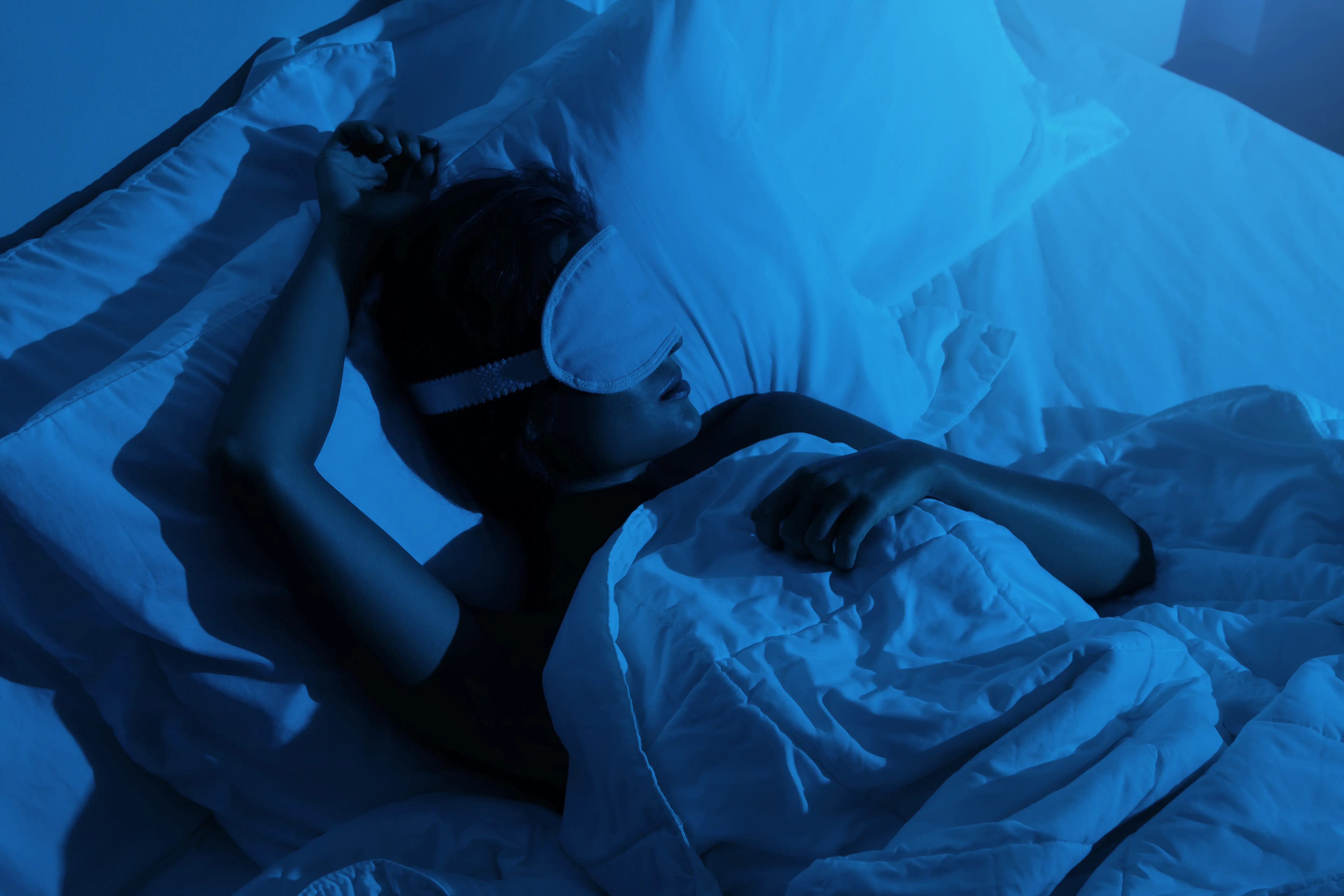Over a third of Germans repeatedly suffer from sleep problems. Of course, there are many measures to improve falling and staying asleep. Among other things, the right diet can help. One should not eat heavy or fatty meals two to three hours before going to bed; the same applies to fresh vegetables or salads. However, some foods promote a deep, relaxed sleep.
What science knows about the influence of diet on sleep
Numerous scientific studies investigate how certain foods, drinks, and dietary habits affect sleep quality. Although individual foods such as tart cherry juice, kiwi, or walnuts have been associated with improved sleep quality in small studies, research is still in its early stages overall.
Sleep-promoting foods: What do studies show?
In randomized controlled trials, regular consumption of tart cherry juice contributed to longer total sleep time and less nighttime awakening – presumably due to its natural content of melatonin, a hormone that regulates the sleep-wake cycle.
In several smaller studies, adults who drank two servings of tart cherry juice daily – one in the morning, one in the evening – slept longer and woke up less at night compared to a placebo. Kiwis also have a high content of melatonin and antioxidant substances. Consuming two kiwis about an hour before bedtime has been linked to better sleep in individual studies.
Foods such as tomatoes, walnuts, bananas, yogurt, green leafy vegetables, and eggs have also shown potential sleep-promoting effects in pilot studies, as they are rich in melatonin, vitamin B6, magnesium, and the amino acid tryptophan – essential components for the body's production of sleep-promoting hormones.
The brain uses tryptophan – an essential amino acid that can only be obtained through diet – to produce melatonin. Tryptophan is famously found in turkey, but also in chicken, fish, cheese, sunflower seeds, tofu, and white beans.
Holistic nutrition as a key to sleep quality
Instead of individual 'superfoods', a consistently balanced, plant-based diet seems to be beneficial: Population-based studies show that a diet containing fruits, vegetables, fiber, and healthy fats (e.g., from nuts, olive oil, fish) correlates with better sleep quality. The Mediterranean diet is associated with a lower risk of sleep onset and maintenance disorders, possibly due to its high content of antioxidants and anti-inflammatory nutrients.





